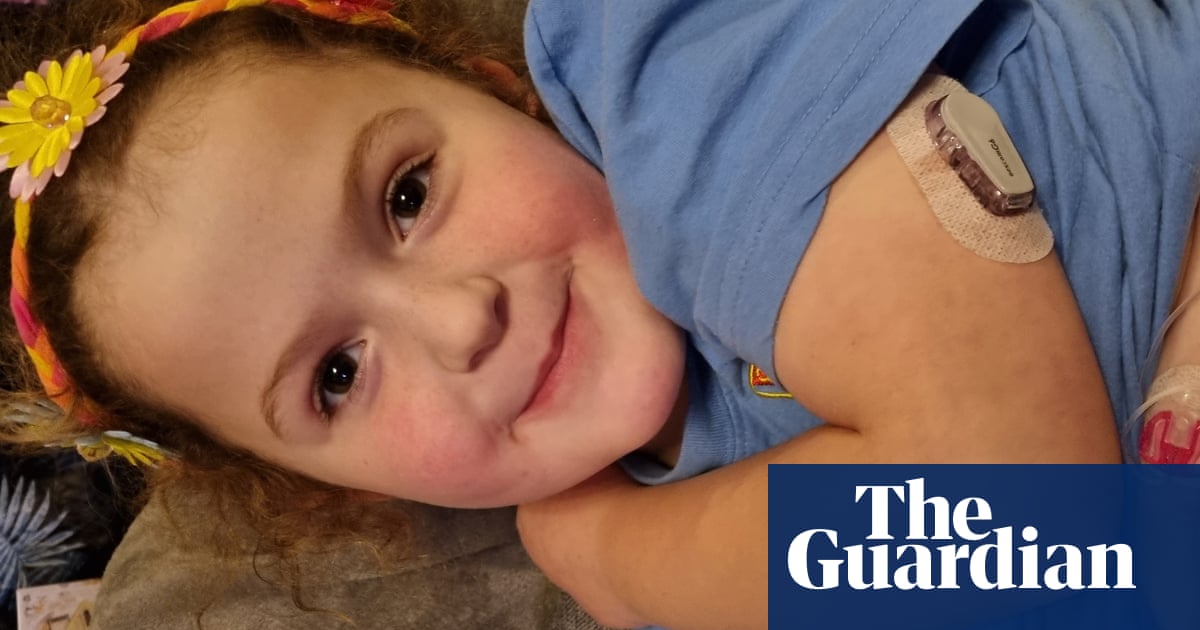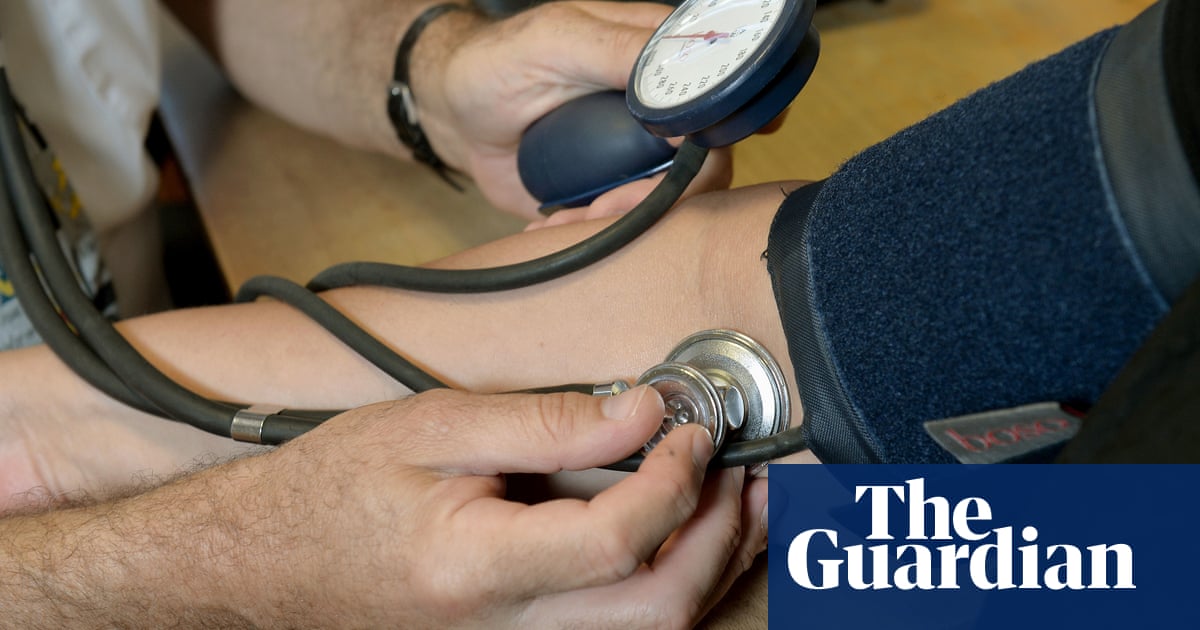
Hundreds of thousands of people with type 1 diabetes in England are to be offered a hi-tech skin sensor to monitor their blood sugar levels in seconds.
The device, the size of a £2 coin, sits on a patient’s arm and constantly checks their glucose levels. It comes with an app that tells them whethertheir blood sugar levels are at an appropriate level.
The technology also means patients can monitor their glucose levels over time so they can easily spot any worrying trends. The monitors are to be rolled out to all patients with type 1 diabetes in England when previously only three in five were eligible.
Type 1 diabetes is an auto-immune condition that cannot be prevented and accounts for about 8% of all diabetes cases. Flash monitoring helps to improve blood glucose levels in patients, and also has a positive effect on their quality of life, according to research presented at the Diabetes UK Professional Conference 2022 this week.
The rollout from the NHS in England follows approval from the National Institute for Health and Care Excellence (Nice), which said the wearable tech reduces the need for finger-prick testing by up to 50%. Some 250,000 people will benefit after Nice recommended the use of real-time continuous glucose monitoring for all adults and children with type 1.
“These landmark guidelines promise to be transformational for people living with diabetes,” said Chris Askew, the chief executive at Diabetes UK. “What we are seeing today is a key shift in thinking – a move to recognising that technology is an integral part of diabetes management, not simply an added luxury.”
Dr Paul Chrisp, the director of the centre for guidelines at Nice, said: “Many people find finger-prick testing to be painful and time-consuming and the introduction of technology for all people living with type 1 diabetes will reduce this considerably.
“This group of people also live with the constant worry of suffering from an attack brought on by dangerously low blood sugar while they sleep. Having an alarm, which will alert them if this happens, will give them the peace of mind knowing they will wake up in the morning.”
Prof Partha Kar, national NHS specialty adviser for diabetes for the health service in England, described the development as “the biggest step forward for type 1 diabetes care in years”.












